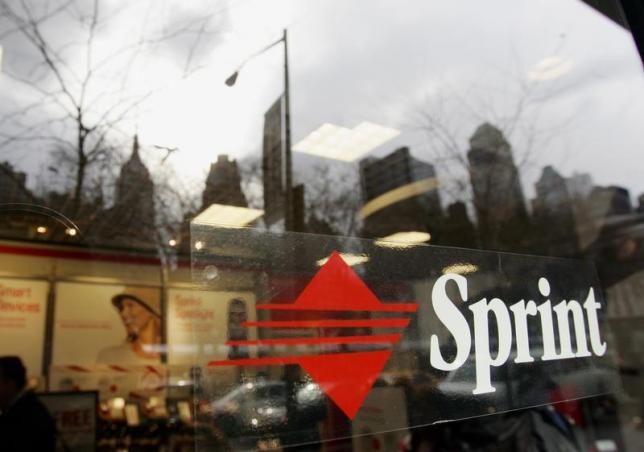Sprint's Chief Technology Officer (CTO) John Saw recently announced in a blog post that the price tag of the wireless carrier's unlimited data plan will go up, and the company will start to throttle the biggest users. The change will affect about 3 percent of Sprint subscribers, as those who use over 23 gigabytes (GB) of data in one billing cycle will have a slower Internet speed when Web traffic and technical problems slow down the network. Sprint's move follows the United States' other three major nationwide carriers' shift from unlimited data plans, as T-Mobile already throttles 23GB users, and AT&T and Sprint grandfathered it a long time ago.
Throttled Sprint customers will still have access to unlimited data, although their Internet connectivity might be slower than they want. Saw explained that the telecom wants to improve its quality of service. In particular, it wishes to prevent the small group of so-called data hogs from having a negative impact on the other 97 percent of unlimited data subscribers.
The new restrictions will likely be added to Sprint's customer agreements. It will apply to new customers who bought the unlimited data plan starting October 16, Friday, and current Sprint subscribers who upgrade their devices while staying on unlimited data, according to Engadget.
Sprint makes its move as it dropped to fourth and last place among major nationwide carriers, which include rivals AT&T, Verizon, and T-Mobile. The competition is heating up.
Verizon also recently boosted its unlimited data plan's cost by $20. It is taking steps to get grandfathered customers to switch from their unlimited data plans to tiered options, which cap how many songs and videos can be streamed or downloaded to a smartphone, according to CNET.
Both Verizon and AT&T shed the unlimited data plans years ago, due to the small profit margins. In addition, T-Mobile already throttles customers after using 23GB of data.
Sprint was founded in 1899 as the Brown Telephone Company. Its original mission was to provide phone service to a rural area in Kansas.





















